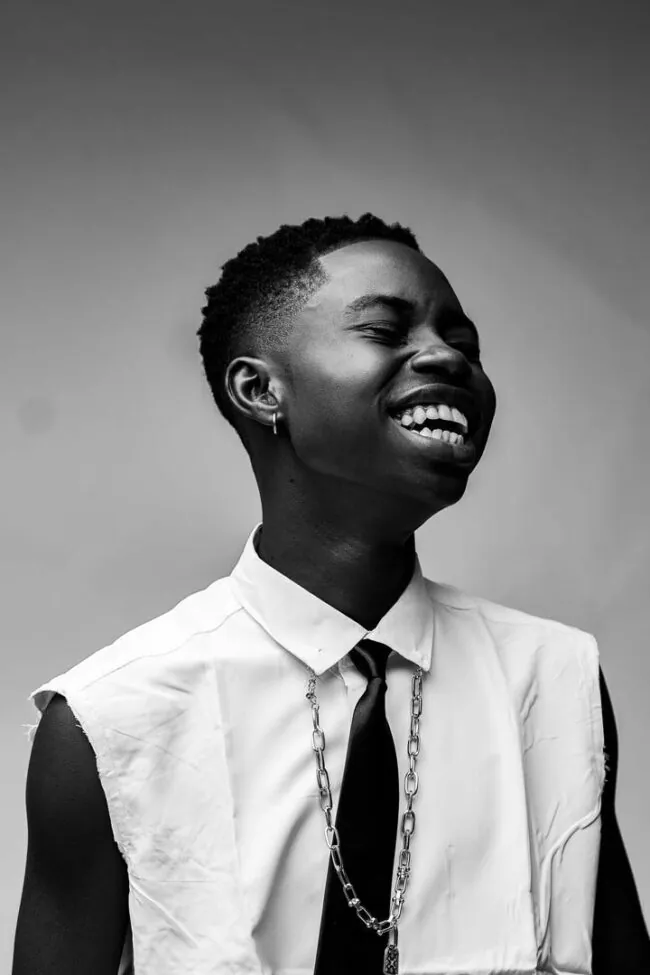When a ₦500K Job Turns Into a Skit: Nkese Calls Out Peller, Sparks Nation‑wide Debate
- Posted on 22 July, 2025
- By Jasmine

It all began when Nkese Eyo, a fresh creative voice and hopeful job seeker, shared her story online—and suddenly everyone was talking. She had spotted a social media post by Peller announcing a cameraman job with a sweet ₦500,000 monthly pay. She applied, dressed smart, and showed up ready to pitch her skills—only to walk into what felt like a skit shoot instead. Nkese took to X, writing: > “I went for Peller’s job opening with the intention to work, pitch myself, and grow. But instead, I was used for content. No actual job. No follow‑up. Just part of another episode.” She also described being asked irrelevant questions about her tribe and being told she wasn’t Nigerian but Ghanaian. It felt disrespectful—especially as a trained and qualified candidate. Soon enough, TikTok and Twitter exploded. Videos showed dozens of graduates—including Master’s degree holders—lining up outside Backbox Studio in Lagos, hopes high. One viral post read: > “Peller and his 20 Master’s degree holders applying for a cameraman job with 500k monthly pay… even girls were there.” The role was clear: produce video content for Peller’s platforms—but many felt blind‑sided by the format. 🗣️ Enter Peller’s public defense. In a video posted on Instagram, he claimed two candidates had been legitimately selected—and that one had already received ₦500,000 in advance salary. He insisted the process was live‑streamed for transparency and mocked Nkese for picking only selective clips. He said: > “Among the 20 people… we picked two persons… I’m going to pay them ₦500,000 before they start work… When I said I needed a Master’s degree holder, did I tie anybody from their house?” He defended his banter: “I said I don't know the tribe,” and urged critics to remember he never forced anyone to attend. But Nkese pushed back. She clarified she wasn’t against content creation but expected the job to be real—not a backdrop. She emphasized that as a content creator herself, she recognized when she was being used. 👥 Viewers split. Some felt the applicants should’ve known what they were walking into. Others argued that dissipating hope for likes and views is cruel in a broken job market. One comment cut through the clout: > “Content creators need to understand that people are not props.” Meanwhile, TVC News jumped into the conversation—calling the whole episode unserious and accusing Peller of exploiting jobless youth for entertainment. In response, Peller hit back hard. He criticized the TVC host (Riyah Abdul) for focusing on him instead of bigger social issues and mocked their coverage as distorted. He even joked: “I’m not a comedian… she should find work for the girl.” The online fallout was immediate. Critics rallied with Nkese, emphasizing consent and respect—especially toward graduates seeking real work. Supporters championed Peller’s right to content creation and defended his transparency. In the middle of it all, two crucial questions emerged: when does creating content become content exploitation? And how ethical is it to package hope as a storyline? For Nkese, it wasn’t just frustration—it was a stand. For Peller, it was business as usual. For media watchdogs, it was a red flag on journalism and consent in influencer culture. Whether it ends in clarity or legal dust remains to be seen. But this saga confirms that Peller’s popcorn banter cost more than just internet clips—it stirred a national conversation on dignity, authenticity, and the blurred lines of digital fame. And one thing Nigerian youth are saying loud and clear: if you invite us for work, treat us like professionals—not actors in your skit.

